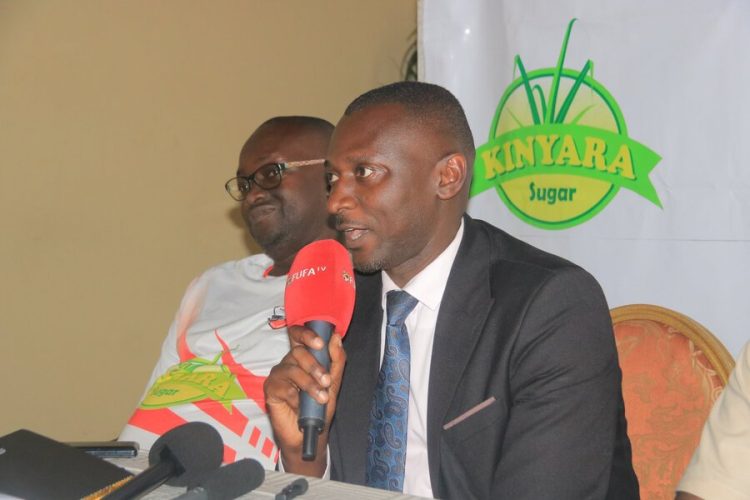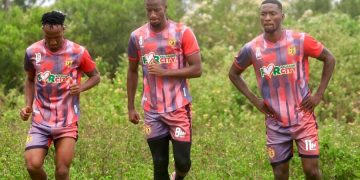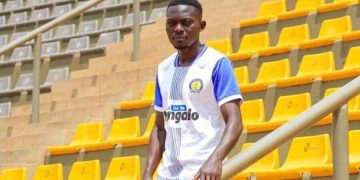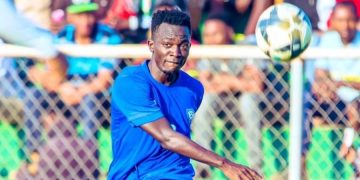Kitara FC has once again turned to a familiar face for leadership, with Deo Kasozi sensationally reclaiming the presidency just months after stepping down.
On Friday afternoon, the club announced at a press briefing held at Grand Imperial Hotel in Kampala that Kasozi will lead the Hoima-based side for another three years. His return comes only four months after he had dramatically vacated the role, declaring on June 9, 2025, that he would not continue. At the time, Assistant Superintendent of Police Gilbert Nyanja was hurriedly installed as acting president.
But Nyanja’s tenure barely got off the ground. A demanding police schedule meant he could not fully dedicate himself to club matters, prompting the executive to revert to Kasozi—the same man they had bid farewell to with much ceremony.
Kasozi insists UPL can survive without Vipers, Villa and NEC
In truth, the revolving door at Kitara raises uncomfortable questions about succession planning and institutional stability. That the club had to lean back on Kasozi so soon suggests either a shallow leadership pool or a failure to properly groom alternatives. For a club aspiring to grow beyond regional prominence, such flip-flopping is hardly a picture of professionalism.
Interestingly, even when he left the presidency, Kasozi never truly departed. He remained involved as the club’s Chief Community Resource Mobilizer, a role that in hindsight kept him firmly tethered to decision-making circles. His return therefore feels less like a comeback and more like the resumption of unfinished business.
Still, Kasozi struck an optimistic tone upon his confirmation.
“I am glad to return back in the capacity of the Club President. As a club, we have our targets and I think my return will only propel us into greater heights to make sure we continue building this great team,” he remarked.
He also signaled a subtle shift in priorities:
“In the past, we focused on sporting results, winning trophies, but for now, we want to put the biggest attention of building the club as an institution that will have posterity.”
Beyond vision statements, one of his most immediate challenges will be operational: securing and settling into the newly constructed Hoima City Stadium, which Kasozi hinted should soon become Kitara’s permanent home ground.






